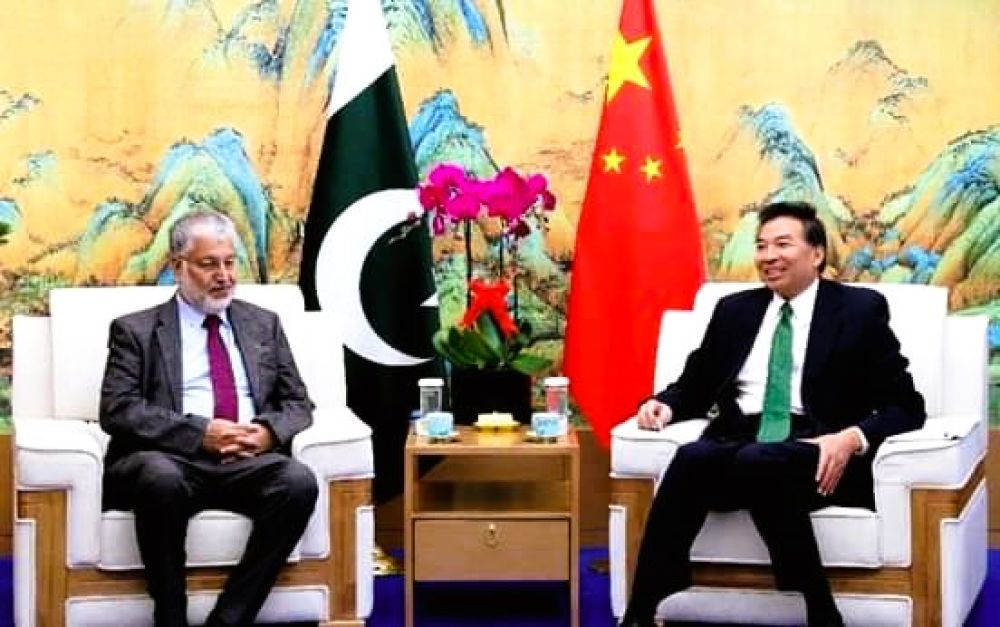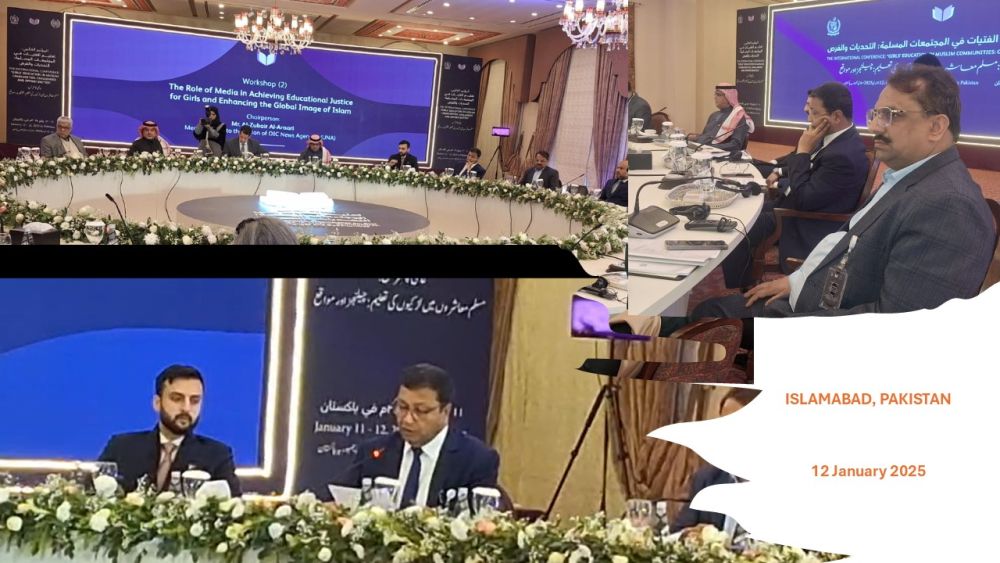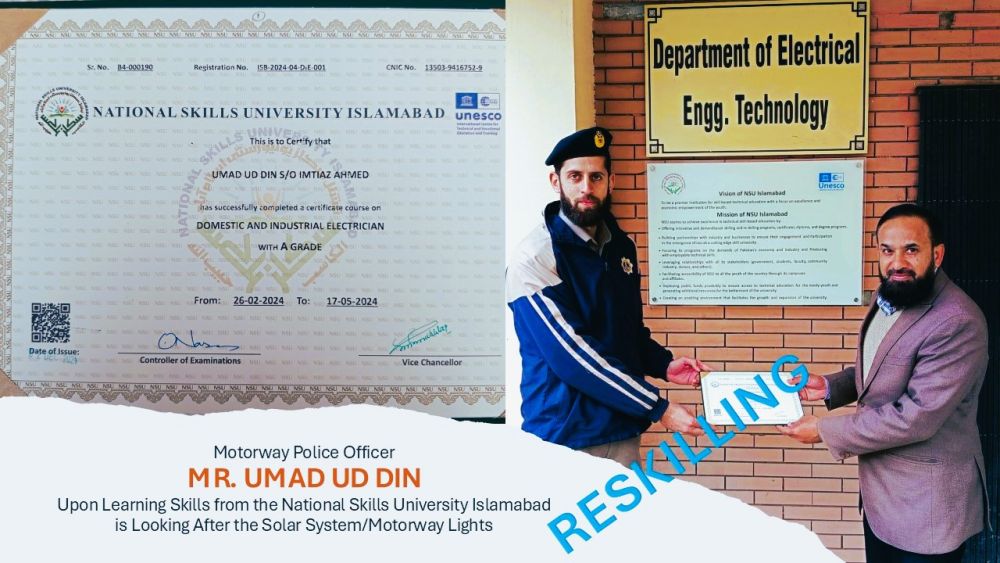Strengthening China-Pakistan Educational Ties
Posted 1 year ago
Chairman Luo Zhaohui of the China International Development Cooperation Agency (CIDCA) has reaffirmed his commitment to deepening collaboration with Pakistan's Higher Education Commission (HEC). This pledge marks a continuation of China's robust support for educational initiatives under the China-Pakistan Economic Corridor (CPEC), aiming to uplift Pakistan's educational infrastructure and expand opportunities for its youth.
The meeting between Chairman Luo and HEC Chairman Prof. Dr. Mukhtar Ahmed in Beijing affirmed China's growing investment in Pakistan's intellectual future. The visit followed Luo's recent visit to Islamabad in April 2024, where he interacted with faculty and students at Air University and witnessed firsthand the successful implementation of 100 Smart Classrooms. These tech-enabled classrooms, connected to high-speed internet through a Learning Management System (LMS), are revolutionizing education in remote areas.
The Smart Classrooms initiative, funded under CPEC, is a powerful symbol of China's strategic partnership with Pakistan, demonstrating how technological integration can bridge geographical divides. These tech-enabled classrooms, connected to high-speed internet through a Learning Management System (LMS), are revolutionizing education in remote areas by providing access to quality education resources and facilitating interactive learning. Luo's satisfaction with the project signals more than just contentment with its current progress; it is a springboard for future educational cooperation between the two nations. "It was a matter of great pleasure to see teachers and students connected from remote areas through a seamless high-speed internet using these classrooms," Luo remarked, further hinting that CPEC could facilitate even deeper collaborations in education.
But this partnership isn't limited to technology alone. Mr. Zhaohui emphasized his commitment to training Pakistan's youth, particularly those from less-developed areas. Scholarships for Pakistani students to pursue higher education in China were also discussed, representing a concrete manifestation of China's role in fostering intellectual growth across Pakistan's socio-economic spectrum.
For Pakistan, this deepened collaboration presents an extraordinary opportunity. Dr. Mukhtar Ahmad outlined key areas for expansion, including the Smart Classrooms initiative's second phase, which aims to increase the number of such classrooms and enhance their features, universities' solarization, a project to make universities energy-efficient through solar power, and youth capacity-building programs in emerging fields like artificial intelligence and biotechnology. These proposed projects reflect the important nature of this partnership and its pragmatism, focusing on outcome-based initiatives that would empower the next generation of Pakistani professionals.
This renewed collaboration between China and Pakistan, anchored by shared interests in education and youth development, carries vast potential. The possibilities are endless as the two nations work together to forge a long-term strategy for sustainable educational growth. From enhancing technological infrastructure in rural Pakistan to offering students scholarships and exposure to Chinese universities, this partnership will be a game-changer.
The alignment of both countries' goals makes this relationship particularly promising. For China, CPEC represents an economic lifeline and an intellectual bridge to Pakistan. For Pakistan, the projects proposed are not mere handouts but a pathway to sustainable development. Together, they can redefine the contours of Pakistan's education system, unlocking the potential of the nation's young minds and equipping them with the skills needed for the future.





